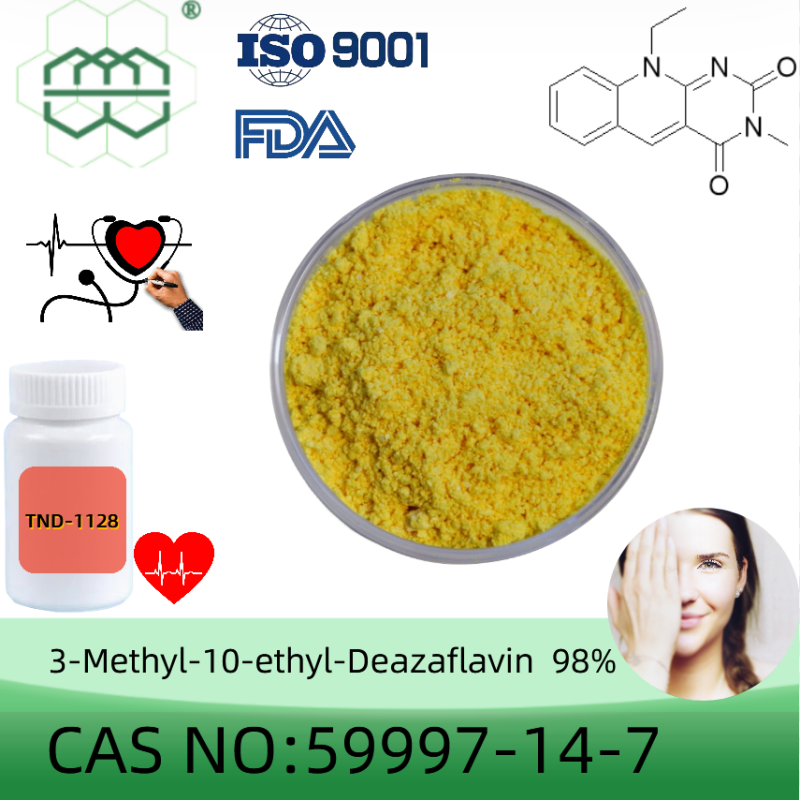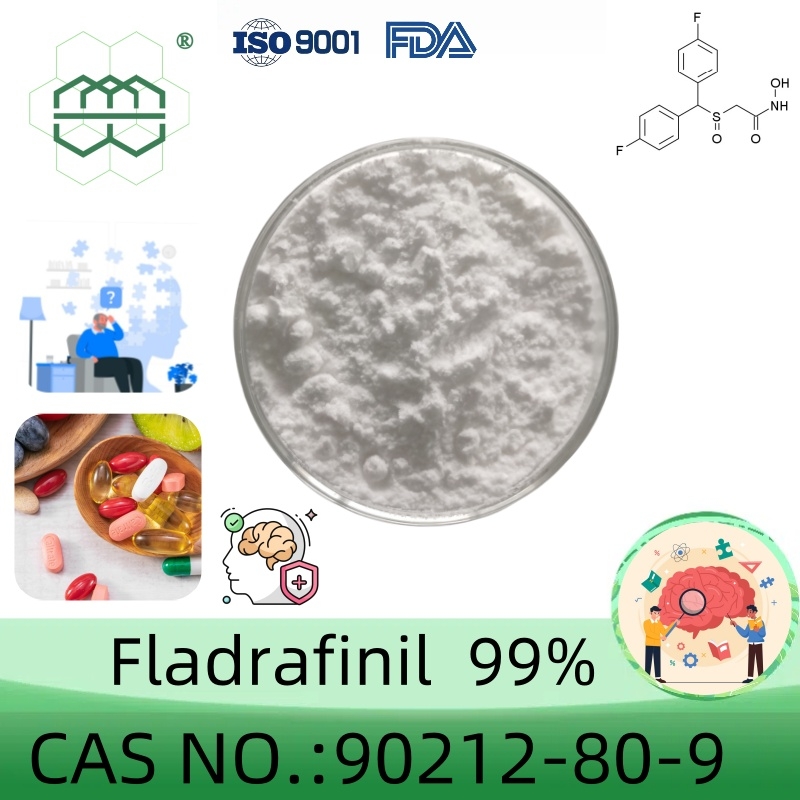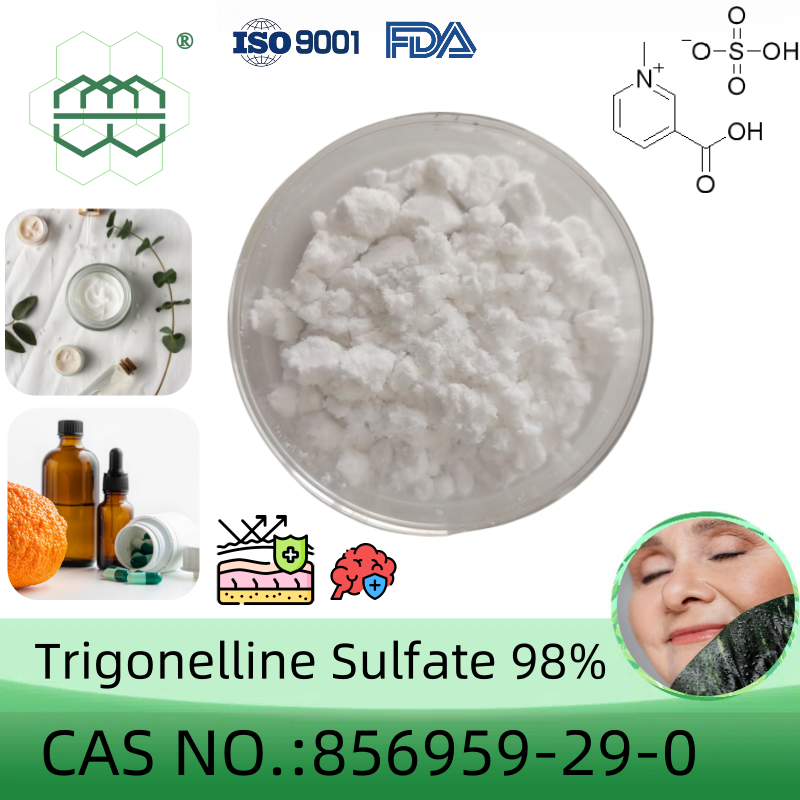-
Categories
-
Pharmaceutical Intermediates
-
Active Pharmaceutical Ingredients
-
Food Additives
- Industrial Coatings
- Agrochemicals
- Dyes and Pigments
- Surfactant
- Flavors and Fragrances
- Chemical Reagents
- Catalyst and Auxiliary
- Natural Products
- Inorganic Chemistry
-
Organic Chemistry
-
Biochemical Engineering
- Analytical Chemistry
-
Cosmetic Ingredient
- Water Treatment Chemical
-
Pharmaceutical Intermediates
Promotion
ECHEMI Mall
Wholesale
Weekly Price
Exhibition
News
-
Trade Service
Preserved eggs, is China's traditional characteristic poultry egg processing products, on the table of the Chinese people, often see preserved eggs tofu, preserved eggs lean porridge, chili pepper peeled eggs and other special delicacies
.
However, in recent years, it has also been said that
preserved eggs have high lead content and eating too many preserved eggs will lead to chronic poisoning.
Are delicious preserved eggs really that scary?
Professor Liu Jingbo, doctoral supervisor of the School of Food Science and Engineering of Jilin University, said in an interview with China Consumer News that the current market is unleaded preserved eggs, and there is no problem of excessive heavy metals, as long as consumers choose regular supermarkets to buy, they can rest assured to eat
in moderation.
According to Professor Liu Jingbo, preserved eggs, also known as pine flower eggs, are named
for their various pine branch-like patterns on their surface.
In the traditional process, preserved eggs are made
of duck eggs as raw materials, and then added quicklime, grass ash, salt, tea leaves and edible alkali, etc.
, after a long period of protein decomposition and coagulation.
Preserved eggs made in this way, although the color looks gray-black, do not contain lead
.
However, the claim that preserved eggs contain lead is indeed not groundless
.
With the increase in the demand for preserved eggs, the traditional preserved egg process is not suitable for the mass production of preserved eggs, in order to speed up the production efficiency of preserved eggs, people have come up with a method of using "yellow dan powder (lead oxide)" as an auxiliary material to speed up the maturation process of preserved eggs, while preventing further liquefaction of protein, so that the surface of preserved eggs forms beautiful pine flowers
.
During the preparation of preserved eggs, some of the lead oxide may gradually penetrate into the eggs, resulting in excessive lead
.
As early as 2009, China issued food lead standards, and preserved egg manufacturers also improved their production formulas and abandoned the harmful "yellow dan powder"
.
In 2015, China further revised the national health standards for preserved egg production, requiring that preserved eggs must be made using a "lead-free" process, and copper sulfate, zinc, etc.
must be used instead of lead
oxide.
Therefore, the current market is unleaded eggs, and there is no problem of
excessive heavy metals.
Of course, "lead-free" preserved eggs do not mean that they are completely lead-free, according to relevant national regulations, the lead content of preserved eggs does not exceed 0.
5 mg/kg, which can be labeled as "lead-free"
.
In addition, although the current production of preserved eggs in China adopts the "lead-free" process, preserved eggs are still made by inducing protein denaturation through strong alkali, which will neutralize stomach acid after consumption, affecting digestion and absorption, and children and the elderly with weak gastrointestinal function should not eat
more.
As for the cases of poisoning by eating preserved eggs in media reports, the "culprit" is not lead, but the salmonella that may be contained in some preserved eggs, and salmonella in preserved eggs mainly originates from the contamination
of excrement such as chickens and ducks.
Salmonella can grow at 10 °C-42 °C, after eating food poisoning infected by Salmonella, there will be stomach cold, fever, nausea, diarrhea and other manifestations, severe cases will be dehydrated, shock and even death
.
Although the taste of preserved eggs is best eaten directly, if consumers are not sure about the freshness and shelf life of preserved eggs, for the sake of safety, they can be heated and sterilized at high temperature before cooling and eating
.
(Editor Li Chuang)







